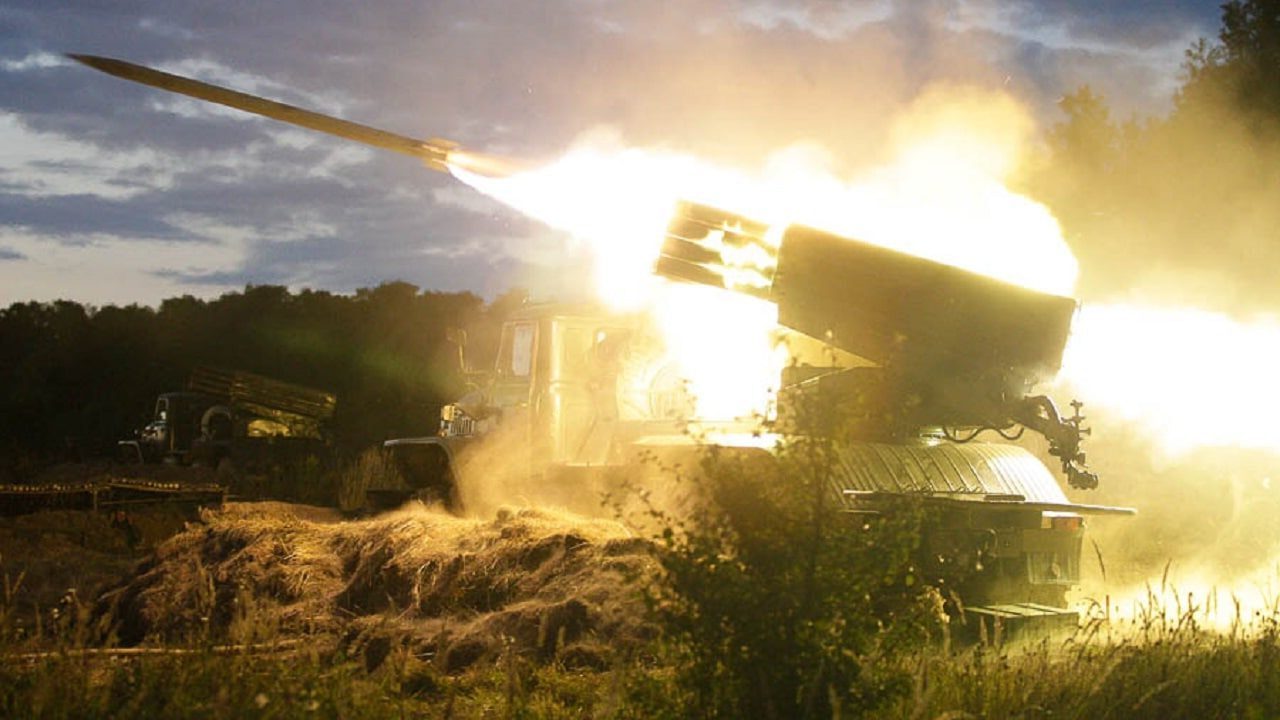Russia Enters Defense Mode As Offensive in Ukraine Faulters – Russian forces in Ukraine have adopted a defensive position in Ukraine after four weeks of being on the offensive. The shift in strategy comes as Russia realizes that taking control of Kyiv is unlikely to occur without a dramatic change in strategy – perhaps chemical weapons or other escalations – and after Ukrainian forces successfully destroyed a Russian warship delivering more armored vehicles and weapons in the south of the country.
On Friday, the Kremlin announced that the Russian military would focus on the “liberation” of the eastern Ukrainian region of Donbas, which Russian President Vladimir Putin declared independent in a presidential decree signed in February. The region has been controlled by Russian-backed separatist groups since 2014.
In a briefing, the head of the Russian General Staff’s Main Operational Directorate Sergei Rudskoi said that the primary objectives of the first phase of the so-called “special military operation” have been accomplished and that they have substantially reduced the combat power of the Ukrainian military. He claimed that their success over the last four weeks “makes it possible to achieve the main goal, liberation of Donbas.”
Rudskoi said that 93% of the Luhansk People’s Republic – a contested territory in the eastern region of Ukraine – has been seized, as well as 54% of the Donetsk Oblast region.
United States National Security Advisor Jake Sullivan said on Tuesday that the three primary goals of the Russian invasion of Ukraine were to subjugate Ukraine, enhance Russian power and prestige, and to divide and weaken the West.
As Russia enters a defensive phase and even sets a date for the end of the war, it will be tough for Russian President Vladimir Putin to honestly claim that his offensive in Ukraine has achieved any of those three goals in any meaningful way.
Rudskoi Denies Western Russian Troop Death Tolls
In the same press briefing, Rudskoi offered a very different account of the number of Russian troops who have been killed in Ukraine over the last four weeks. In what was the first update to the Kremlin’s initial death toll on March 2, Rudskoi claimed that only 1,351 Russian troops have been killed in the war.
“Unfortunately, during the special military operation there have been losses among our combat comrades: 1,351 servicemen are dead and 3,825 injured,” Rudskoi said.
“The state will take upon itself all decisions to support their families, to bring up their children right up to receiving higher education, repaying all loans and resolving their housing issues.”
It’s substantially lower than claims from the Ukrainian General Staff of the Armed Forces that over 15,000 Russian soldiers have died in the country so far. NATO’s own estimates of Russian troop deaths also sit at between 7,000 and 15,000. If Western estimates are accurate, it means that Russia has lost more troops in four weeks than it did in ten years during the Soviet-Afghan war.
Jack Buckby is a British author, counter-extremism researcher, and journalist based in New York. Reporting on the U.K., Europe, and the U.S., he works to analyze and understand left-wing and right-wing radicalization, and reports on Western governments’ approaches to the pressing issues of today. His books and research papers explore these themes and propose pragmatic solutions to our increasingly polarized society.

